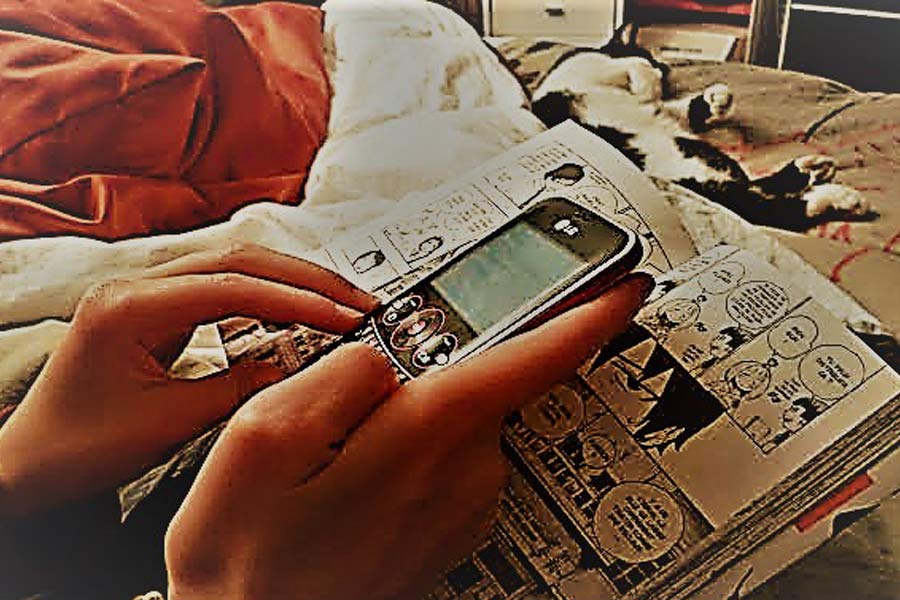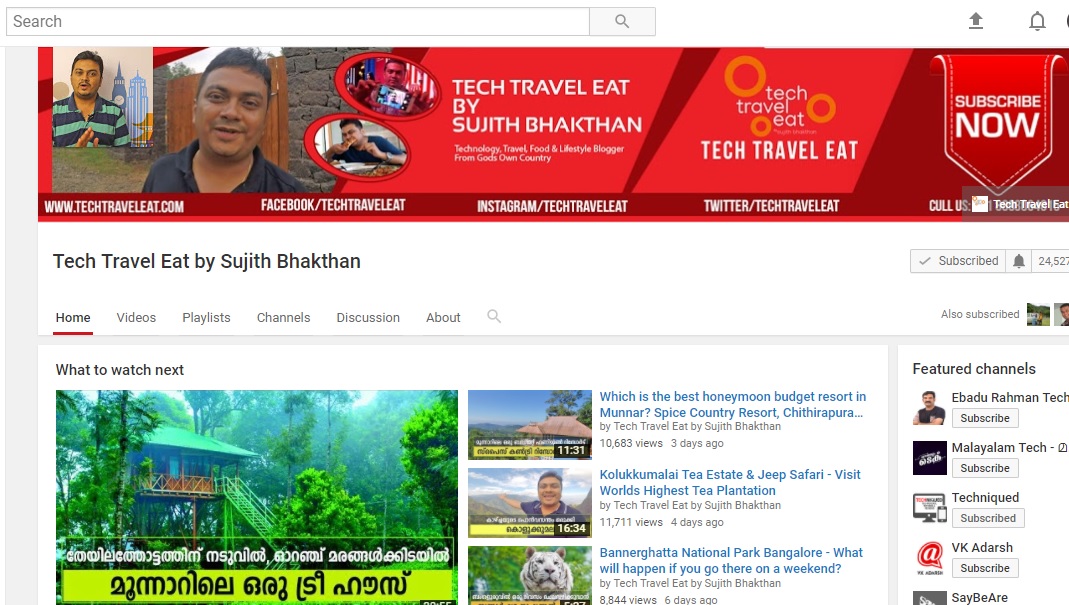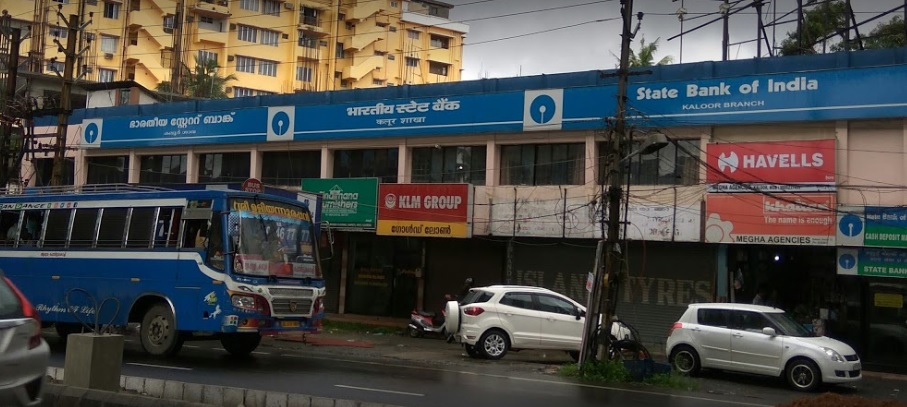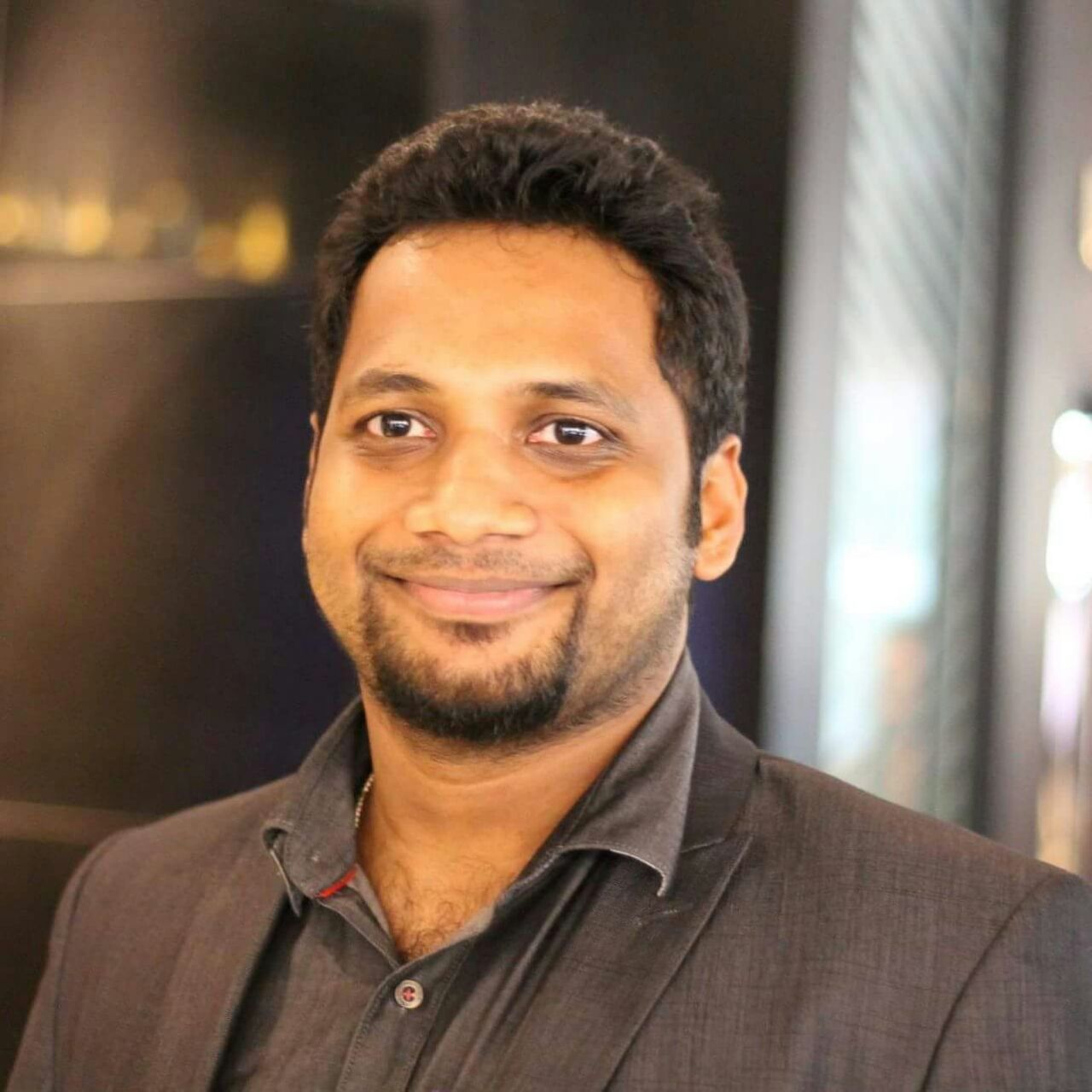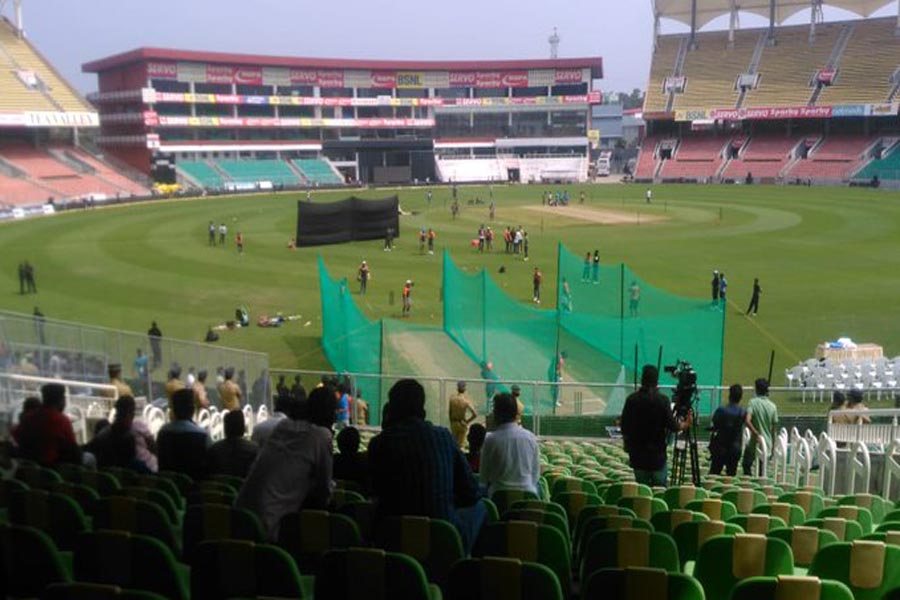When Rahul Sasi re-enters the portals of Anna University to give a talk organised by the government this week, it will be a proud moment for him. It was from this very university that he dropped out years ago. Today, Rahul is considered to be one of the best ethical hackers in the country. For Rahul, who has his roots in Kerala, this has been a dream run.
Rahul believes he learned more things from outside college. He started with working as a security consultant for a small company. Later, he got a job as a researcher in an international company. He then worked with Citrix before starting his own firm CloudSek, which focuses on Artificial Intelligence and Security. Rahul has given talks on hacking in almost 20 countries.
It all started in college for Rahul. The first hack done by him was into the bio-metric system.
“I was experimenting with a lot of things while in college. I was inspired by the restrictions in college itself. The college had a fingerprint bio-metric system for attendance management. I was not that regular those days and my attendance was low. That is how I actually figured out how to hack into the system. The system had control over the entire attendance, including the staff also. Eventually, I reported it to the administrator of the college and that is how it all happened,” Rahul says.
Rahul firmly believes that curiosity is the one thing that every ethical hacker should possess. He is of the opinion that if the person is not curious enough about the work he does, there would not be any room for improvement in this profession.
“We all write with a pen. But if we do not have a basic understanding of how the pen works, or the curiosity to identify how it works, then we aren’t meant for the writing profession. Similarly, a hacker should be a little curious and go a little deeper, then only will he/she have the right qualification,” he says.
Hacking is a skill that can be easily misused, as is the case with malicious hackers. Rahul clearly lists out the difference between an ethical hacker and a malicious hacker.
“I was ethical by sharing my hack of the bio-metric device. If I would have manipulated the attendance and kept quiet, I am not being ethical. Rather than using it for my personal gain, I reported the issue to the responsible person. That is what ethics is all about. You have the power and you can hack anything, but the responsibility is that you have a skill and you have to use it in the right way without violating any laws,” he says.
According to Rahul, cell phones are a very good target for hacking. He also says that the list of things that could be hacked is endless.
“There are two kinds of people. People who are hacked and people who don’t know they are hacked,” he says.
Rahul has been serving the Kerala government and the State police for many years. He also has given the Union government his help in various security related matters. He and his team at Garage4Hackers were the first winners of a bounty programme started by National Technical Research Organisation under the National Security Adviser in the Prime Minister’s Office. They received the cash prize for tracking a cyber attack to China. Rahul is also a permanent speaker at CoCon, an annual event conducted by the Kerala Police. He is very keen about the capability of the State police and said that the Kerala police is very advanced in this area, when compared to other States in the country.
“Recently an ATM theft happened in Trivandrum. The attack was very sophisticated. These things happen in every part of the country. But here the police was very active and caught the criminals in a couple of days. From CoCon, they are really learning things,” he says.
According to Rahul, the most challenging hack he has done in his career is in 2014 with cable TV networks.
“We actually found loopholes in the network that would allow us to broadcast any video in a particular area. If you are watching Asianet News, for instance, I can actually broadcast my own video instead of that. It took us one year of research to fix this. The challenge was to travel to their facility every weekend and work with them,” he says.

